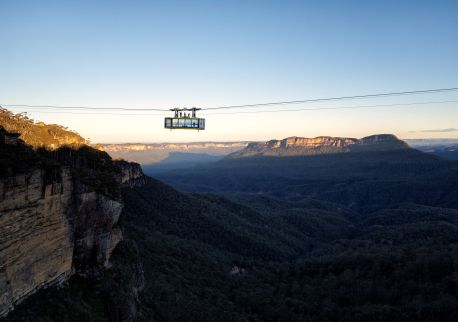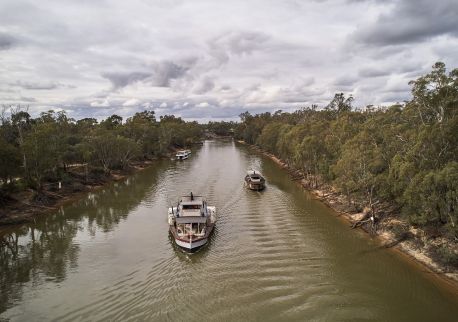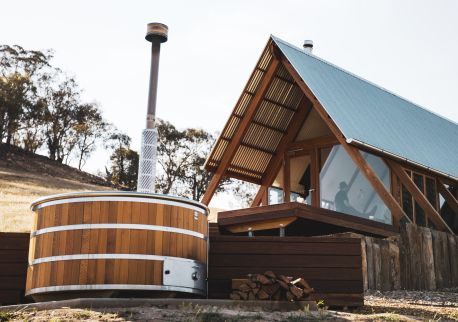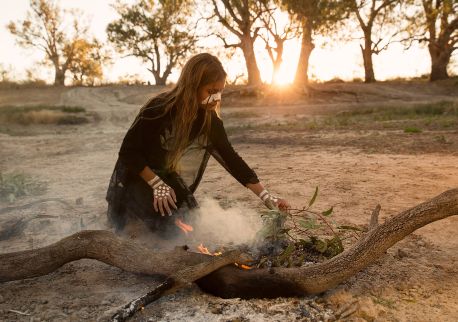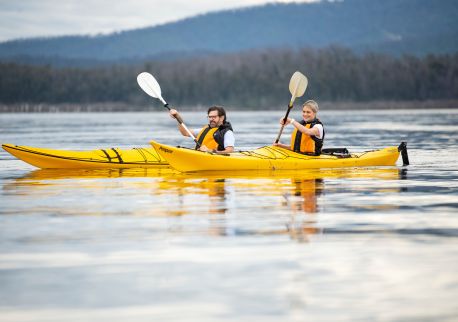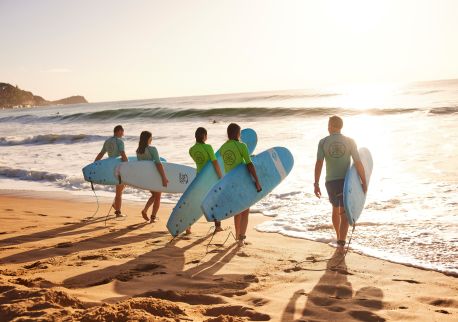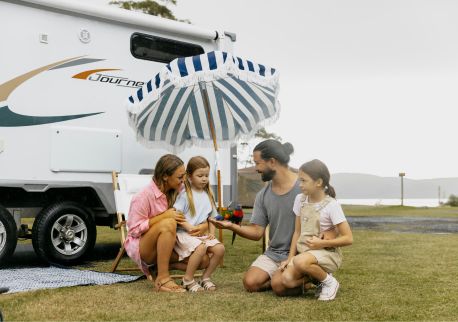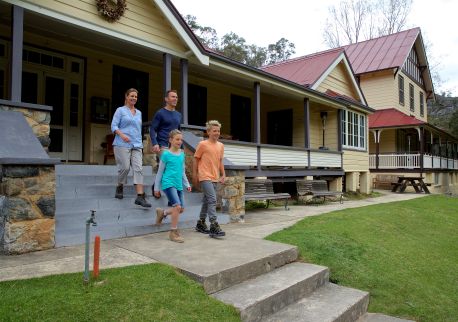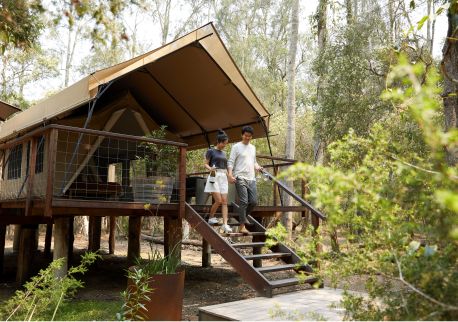Cassowary Cafe
Highlights
Overview
A bespoke Cafe with outdoor dining in the courtyard. They have wheelchair access as well as other types of mobility aids. The staff are trained in looking after those with challenges - both mental and physical. They are registered as a "Cafe without Barriers". They now offer Mocktail's as well as an extensive range of gluten-free and vegan options.
The soul of the Cafe is supporting environmental organisations such as the Daintree Rescue and the Cassowary Rescue. Hence the name. A truly unique experience.

